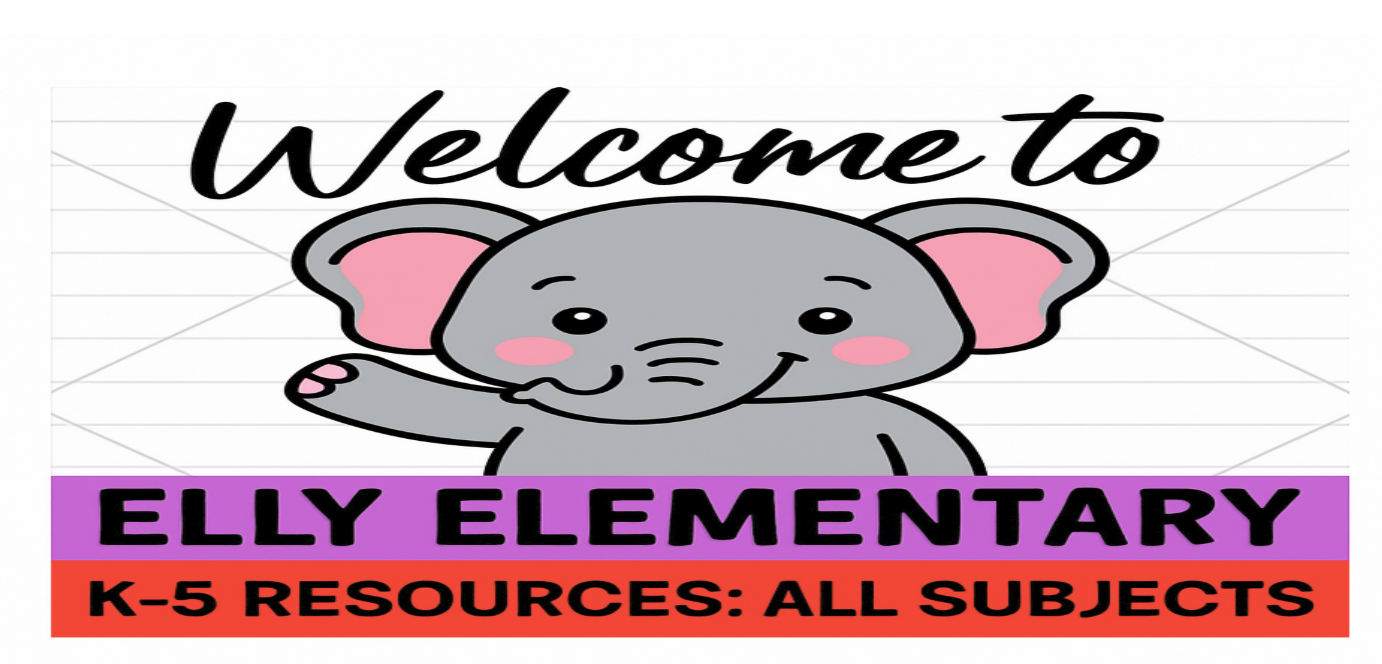Children love to hear stories read to them for several reasons. First, storytelling captivates their imagination, taking them on adventures to new worlds and introducing them to fascinating characters. This sparks their curiosity and creativity, encouraging them to explore new ideas and concepts. Additionally, hearing stories read aloud helps children develop language skills, expand their vocabulary, and improve comprehension. The engaging nature of storytelling also fosters a love for reading, as children associate books with enjoyable experiences and look forward to discovering more stories. Overall, storytelling not only entertains children but also nurtures their cognitive, emotional, and social development.
Inspiring children to write creatively can be a fun and rewarding process.
Here are some strategies you can use:
- Provide Freedom and Choice: Allow children to choose what they want to write about. Offer a variety of writing prompts, genres, and formats to spark their creativity.
- Encourage Imagination: Encourage children to use their imagination and think outside the box. Encourage them to create fantastical worlds, unique characters, and exciting adventures in their writing.
- Create a Supportive Environment: Create a supportive and non-judgmental environment where children feel free to express themselves without fear of criticism. Praise their efforts and encourage them to keep writing.
- Read and Discuss Stories: Read stories together and discuss the elements of storytelling such as plot, character development, setting, and themes. Analyzing stories can inspire children to create their own narratives.
- Use Visual Aids: Use visual aids such as pictures, videos, or objects to inspire writing. For example, show a picture and ask children to write a story based on what they see.
- Provide Writing Prompts: Offer writing prompts to stimulate creativity. These prompts can be open-ended or specific, depending on the age and skill level of the child.
- Set Realistic Goals: Set achievable goals for writing projects. Break down the writing process into manageable steps and celebrate milestones along the way.
- Encourage Revision: Teach children that writing is a process that involves revision and editing. Encourage them to revise their work to improve clarity, coherence, and creativity.
- Share and Celebrate: Provide opportunities for children to share their writing with others, such as through readings or publishing their work. Celebrate their achievements and encourage them to continue exploring their creativity through writing.
By implementing these strategies, you can inspire children to write creatively and develop their writing skills with enthusiasm.
Reading aloud to children is important for several reasons:
- Language Development: When children hear stories read aloud, they are exposed to a rich vocabulary and language structures that they may not encounter in everyday conversations. This exposure helps them develop their language skills, including vocabulary, grammar, and syntax.
- Cognitive Skills: Listening to stories engages children's imagination and cognitive abilities. They learn to visualize scenes, make predictions, and understand cause-and-effect relationships, which are crucial for comprehension and critical thinking.
- Building a Love for Reading: Reading aloud can foster a love for books and reading in children. When they associate reading with positive experiences, they are more likely to become avid readers themselves.
- Bonding and Emotional Development: Reading aloud provides a special bonding time between adults and children. It can also help children explore and understand emotions, characters' feelings, and social situations, promoting emotional intelligence.
- Encouraging Creativity: Reading aloud exposes children to different writing styles, genres, and storytelling techniques. This exposure can inspire them to create their own stories, characters, and imaginative worlds.
To encourage creative writing through reading aloud, you can:
- Discuss the Story: After reading a book, engage children in discussions about the characters, plot, and themes. Encourage them to share their thoughts, ideas, and interpretations.
- Encourage Retelling: Ask children to retell the story in their own words or from a different perspective. This activity helps them understand narrative structure and develop storytelling skills.
- Use Prompts: Provide writing prompts related to the story or characters. For example, ask them to write a sequel, create a new character, or imagine an alternate ending.
- Create a Storytelling Environment: Set aside time for creative writing activities, such as journaling, storytelling sessions, or creating picture books. Provide them with writing tools and encourage them to express their ideas freely.
- Celebrate Creativity: Celebrate and showcase children's writing by sharing their stories with family, friends, or classmates. Encourage positive feedback and support their efforts to nurture their confidence as writers.
Check out HomeSchoolHobbies.com to learn more about adding to your child's love of reading and simple ways to spark the love of writing. Having the combination of teacher and parent guiding a child will help their growth as a reader and their confidence as a writer.
Please visit my store, Elly Elementary, for teaching resources to help summarize reading and encourage writing. Some specifics to check out:
- Writing Templates to Use
- Poetry: Reading & Writing Unit
- Reading Response Graphic Organizers
- Activities to Use With Any Book
Visit my Facebook page, Elly Elementary for more ideas on teaching and helping children flourish.
What is your favorite story to read aloud to children or a favorite book from your childhood. Please comment below.



Comments ()